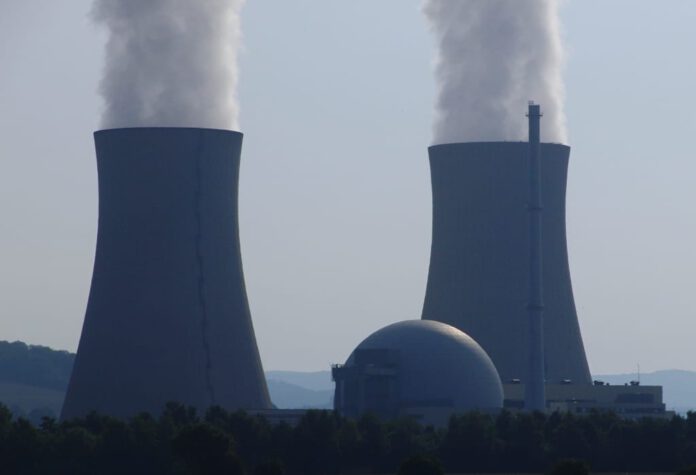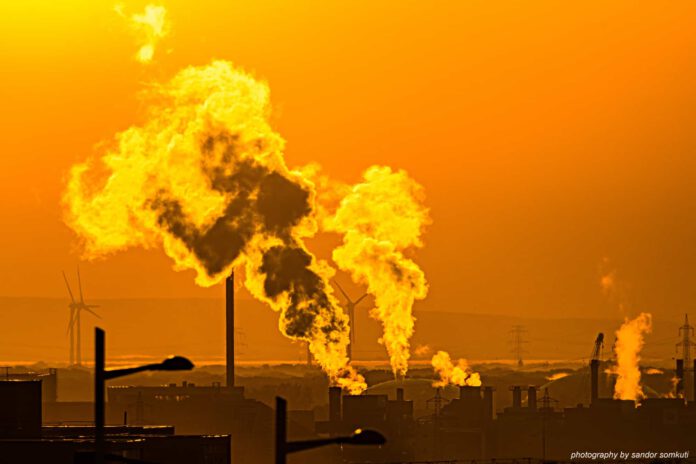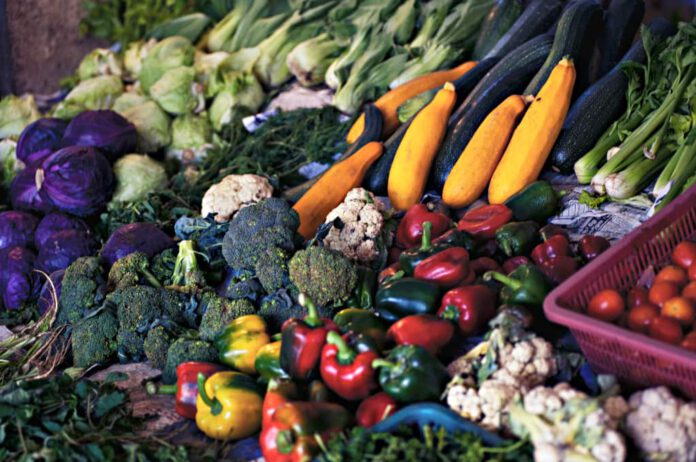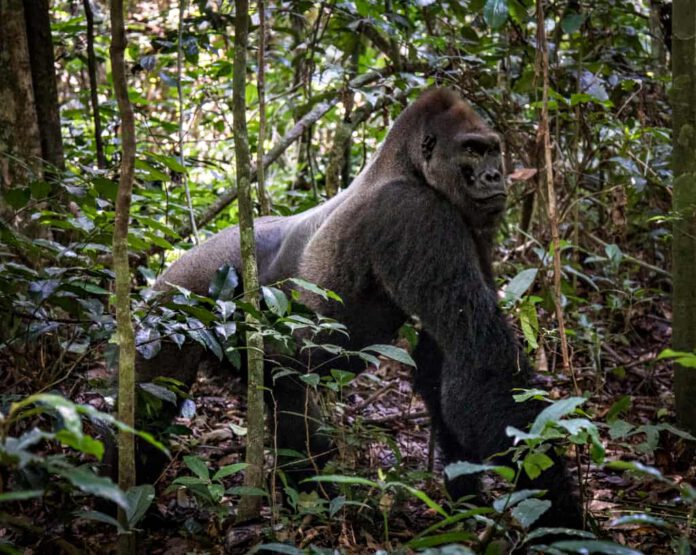Aviation: Reduce contrail warming for less than €4 per flight ticket – new study
Contrails - the white lines in the sky created by planes - have a net warming effect on the planet, at least as important...
New attribution studies: Increasing effects of global warming on fire dynamics and public health
Climate change is increasingly influencing fire behavior worldwide and intensifying fire smoke, endangering public health from air pollution caused by fires. These are the...
Bitter disappointment as pro-whaling nations at IWC block South Atlantic whale sanctuary
LIMA, Peru—Delegates from Humane Society International attending the 69th International Whaling Commission meeting in Peru, expressed bitter disappointment today that pro-whaling nations have once again...
Half the world’s countries have degraded freshwater systems, UN finds
Nairobi – In half the world’s countries one or more types of freshwater ecosystems are degraded, including rivers, lakes and aquifers. River flow has...
A majority of polled Europeans oppose deep-sea mining
Over half of Europeans polled (56%) oppose deep-sea mining and support a temporary ban on this new industry. This is according to representative research...
Climate risks projected to affect fish biomass around the world’s ocean, FAO report says
Rome – New projections highlight potential climate risks to exploitable fish biomass for nearly all regions of the world's ocean, including top producer countries...
Ultrafine particles from planes put 52 million Europeans at risk of serious health conditions
A new study by green group Transport & Environment (T&E) suggests that thousands of cases of high blood pressure, diabetes and dementia across Europe...
World squanders over 1 billion meals a day – UN report
Nairobi – Households across all continents wasted over 1 billion meals a day in 2022, while 783 million people were affected by hunger and...
Nuclear life extension not needed to decarbonise Europe
Renewables, energy savings, and flexibility options are positioned to replace nuclear power in the EU’s energy mix. A new EEB report highlights the feasibility of...
Why Are Companies Reneging On Emissions Reductions?
In February 2024, three major investment companies stepped back from efforts to limit climate-damaging emissions. JPMorgan Chase’s and State Street’s investment arms have both...
Transforming food systems could create multi-trillion dollars of economic benefits every year
Transforming food systems around the world would lead to socio-economic benefits summing up to 5 to 10 trillion USD a year, shows a new...
One of the World’s Most Iconic Lowland Gorillas, Kingo, of the Republic of Congo, Has Died of Old Age
Djéké Triangle Forest, Republic of Congo – One of the world’s most iconic lowland gorillas, Kingo, who was featured in international news media and...













